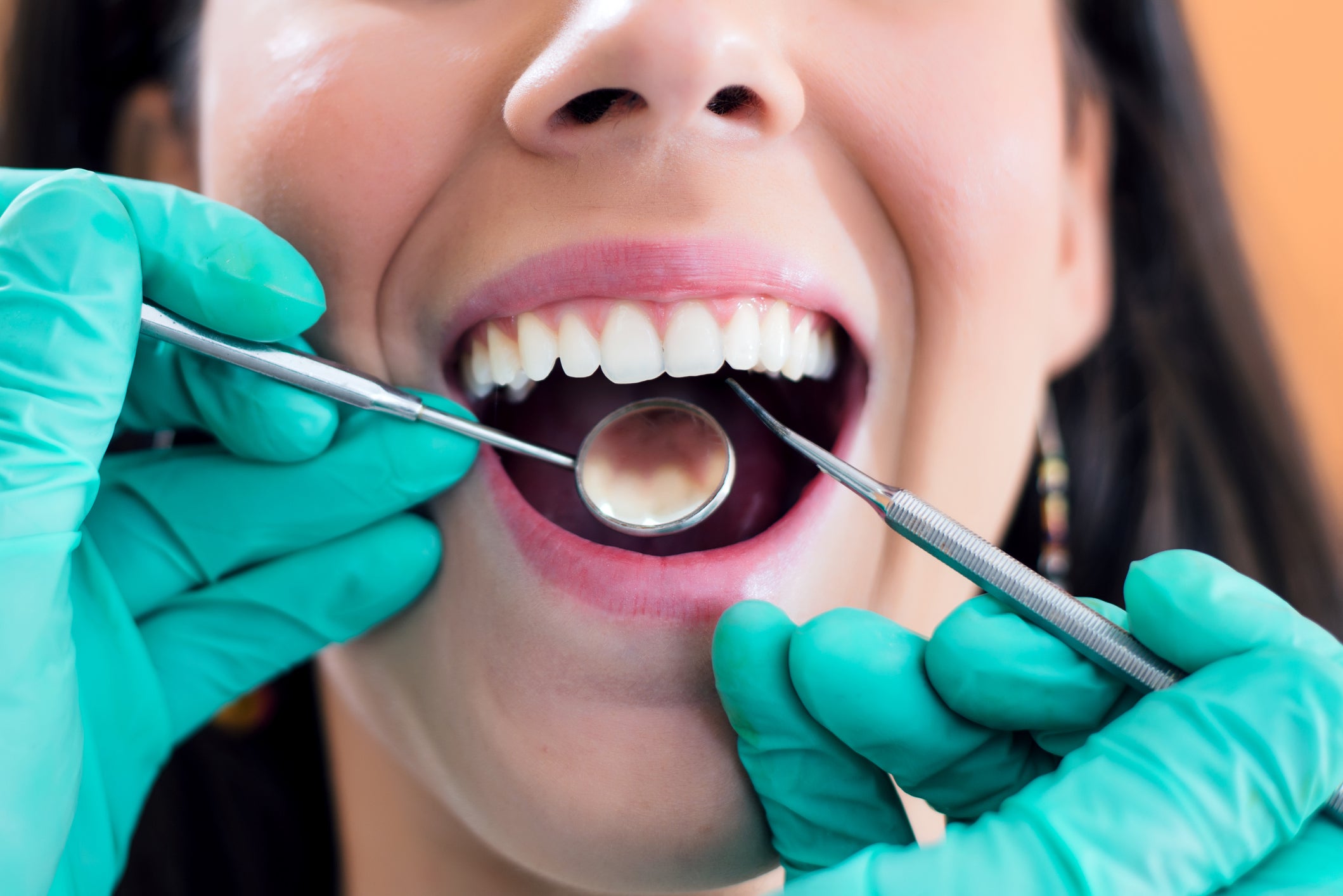Plaque vs Tartar vs Cavities…What’s the Difference?

When you go to the dentist, a lot of unfamiliar terms may be thrown around. Sometimes, it can be confusing to keep up with all the instructions you’re being given and all the information your dentist is sharing with you. One source of confusion is the subject of plaque, tartar, and cavities. Do you know the difference?
- Plaque happens when sugary or starchy food mixes with the bacteria in your mouth. A collection of bacteria then sticks together on your teeth, causing you to feel like your teeth are fuzzy. What’s actually going is that the bacteria have formed a biofilm on your teeth, creating a slimy, sticky, white or yellow film. Plaque can cause bad breath, and if you don’t remove it, irritate your gums. You can remove plaque, however, by brushing, flossing, and using mouthwash.
- Tartar happens when you don’t sufficiently remove plaque. When that plaque stays on your teeth, it hardens, creating a sort of shield for bacteria. This hardened plaque is called tartar, or calculus. Tartar can’t be removed by regular dental hygiene, and must be removed by a dentist or hygienist. Tartar makes your teeth look discolored, and it traps plaque, making it more difficult to remove. In this way, plaque and tartar work together to remove minerals in your tooth enamel, causing tiny holes in the enamel.
- Cavities are the result of bacteria and acid making it through those little holes. The bacteria and acid make their way to the dentin layer of your teeth, which communicates with your nerves and causes sensitivity. They then move on to the inner tooth, where the nerves and blood vessels are located, called the pulp. The pulp becomes swollen and irritated, causing pain and permanent tooth damage. This damage is known as tooth decay or cavities.
As you can see, one thing leads to another when it comes to plaque, tartar, and cavities. That’s why it’s so important to brush and floss daily and see your dentist for regular cleanings. While you’re there, the dentist might recommend further treatments to combat plaque, tartar, and cavities. Dental sealants, for example, can help protect against plaque and tartar, and fluoride treatments can make your teeth more resistant to acid. Talk to your dentist about the best ways to care for your dental health and prevent tooth decay.
Whether you need a cleaning or good dental advice, choose the practice that was voted best dentist in NYC! At Park 56 Dental Group, we offer pediatric, prosthodontics, endodontics, oral surgery, Invisalign®, emergency, and sedation dentistry, all at the highest level of treatment. We serve the Midtown, Central Park, Upper East Side, Park Avenue, and all surrounding Manhattan and New York areas, with a patient-centered practice that has hours to fit your schedule. Schedule your complimentary consultation today by contacting us online or calling us at (212) 826-2322.
RECENT POSTS
categories
- Uncategorized
- Cosmetic Dentistry
- Veneers
- Healthier Teeth
- Teeth Whitening
- Dental Health
- Video
- Dental Emergencies
- Invisalign
- Dental Implants
- Root Canal
- Sedation Dentistry
- Infographic
- Dental Crowns and Bridges
- Dental Anxiety
- Gum Disease
- COVID-19
- Bad Breath
- New York Dentist
- Cut out sugar
- General Dentistry
- Oral Health
- Oral Cancer
- Dry Mouth
- Gum Health
- Toothache
- Dental Sealants
- Cavities
